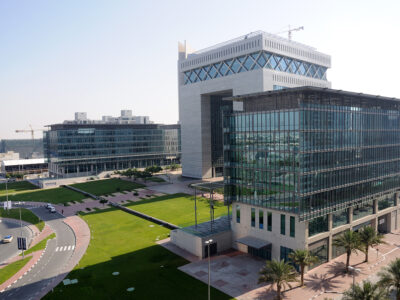French chemical group Rhodia will help Saudi International Petrochemical Co (Sipchem) set up the first ethyl acetate plant in the region to rival major commodity producers such as BP.
The plant, wholly owned by Sipchem, will start in 2013 and will have a 100,000 tonne annual production capacity, Sipchem said in a statement posted on its website on Wednesday.
Rhodia will provide the plant with ethanol feedstock and technology and will also market the product, Sipchem said.
Sipchem, which already produces the other acetic acid feedstock needed to make ethyl acetate, will spend 400 million riyals ($107 million) to build the plant.
Rhodia’s agreement with Sipchem is the “first step to a greater cooperation with Sipchem and other partners in the region”, the statement quoted Vincent Kamel, a senior executive at the French company, as saying.
An undisclosed share of the cost will come from financing sources, which Sipchem did not specify, and the remainder from its own resources.
Sipchem said: “The plant will be designed as a swing facility to produce butyl acetate as well. The ethyl acetate plant is expected to be commissioned during 2013.”
It added: “It will be the first time ethyl and butyl acetates are produced in the region. It is expected that the ethyl acetate plant caters to domestic needs and demand from abroad.”
Ethyl acetate is mainly used as a solvent and diluent. Coffee beans for instance are decaffeinated with this product, which is also used in perfumes.
Butyl acetate is another type of solvent used mainly to give fruit flavours to products such as ice cream, cheeses and candy. (Reuters)








